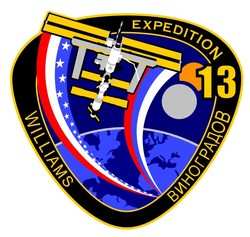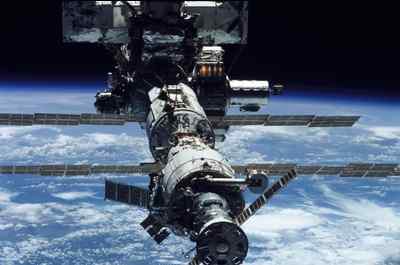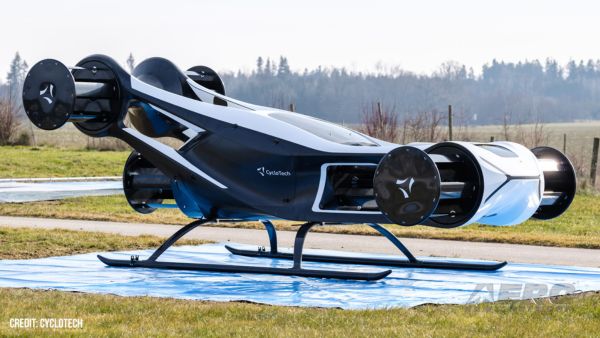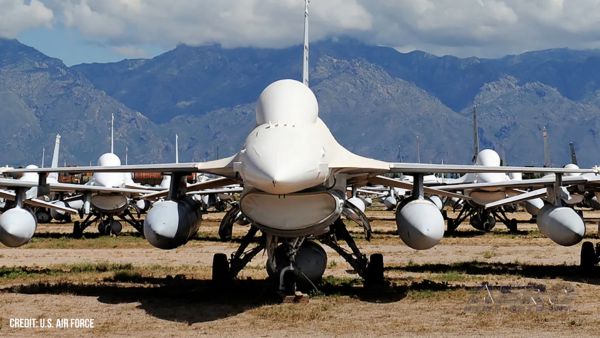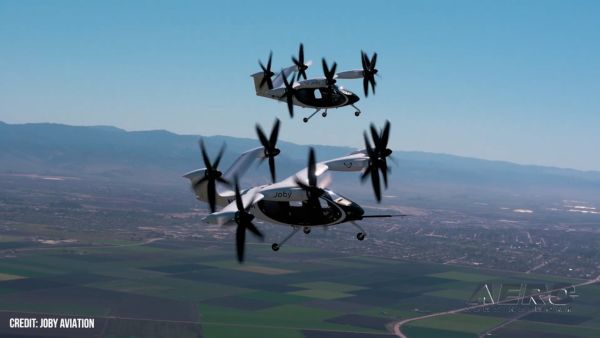Sun, Jul 02, 2006
Advertisement
More News
 Aero-News: Quote of the Day (05.15.25)
Aero-News: Quote of the Day (05.15.25)
"Our 6,000th helicopter built in Canada demonstrates our commitment to manufacturing aircraft capable of performing the most critical missions, as well as our dedication to contrib>[...]
 NTSB Final Report: Avia Stroitel AC-5M
NTSB Final Report: Avia Stroitel AC-5M
(Pilot) Applied Gentle Aft Pressure On The Control Stick To Regain Control, But An Inflight Separation Of The Right Wing Ensued Analysis: The pilot stated the airspeed may have bee>[...]
 ANN's Daily Aero-Linx (05.15.25)
ANN's Daily Aero-Linx (05.15.25)
Aero Linx: Taylorcraft Foundation, Inc. The Foundation typically participates in 3 events each year: Sun-n-Fun; Lakeland Florida USA. Flyin Taylorcraft, Aeronca and Funk: Barber Ai>[...]
 Airborne 05.09.25: Frecce Tricolori MidAir, A6M3 Zero Returns, Houthis Bombed
Airborne 05.09.25: Frecce Tricolori MidAir, A6M3 Zero Returns, Houthis Bombed
Also: Hartzell Pathfinder Carbon Prop, RAF Flyby, Qatar's BIG Boeing Order?, ‘Luxury Aircraft Tax’ Three MB-339 jets from the Italian Air Force’s aerobatic demons>[...]
 ANN's Daily Aero-Linx (05.16.25)
ANN's Daily Aero-Linx (05.16.25)
Aero Linx: International Federation of Air Traffic Controllers' Associations (IFATCA) IFATCA is the recognised international organisation representing air traffic controller associ>[...]
blog comments powered by Disqus

